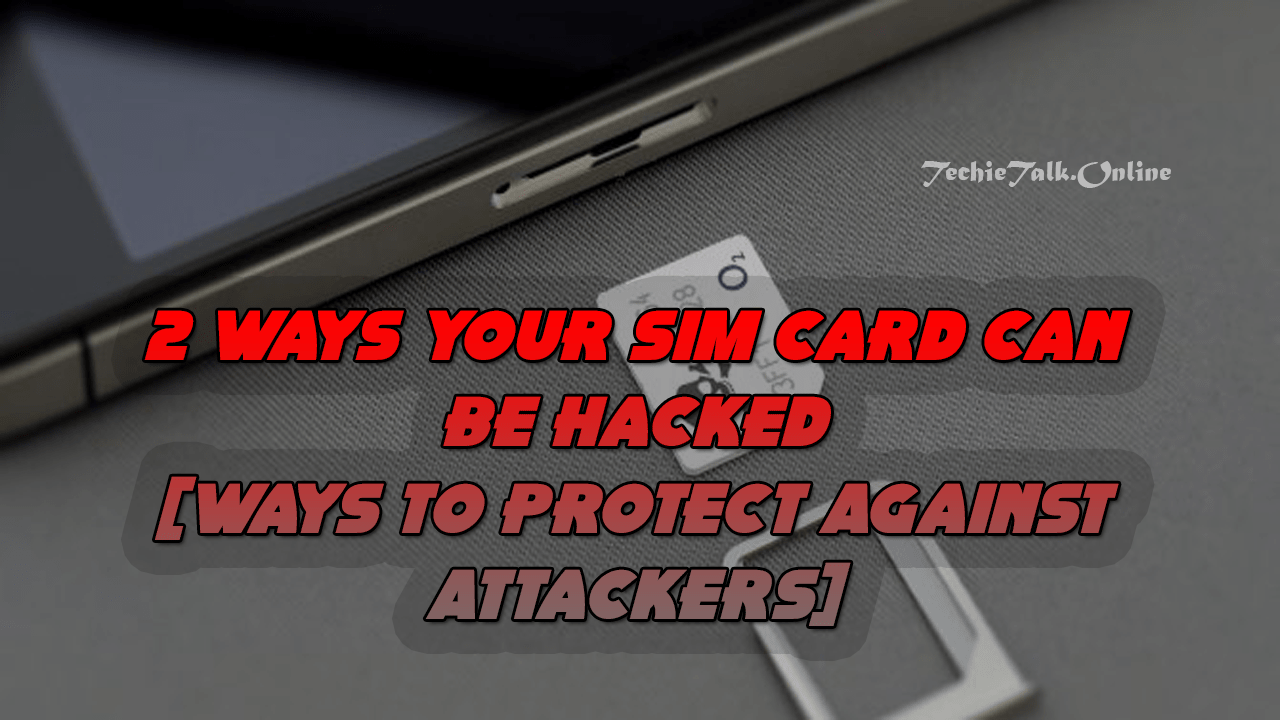
Digital Millennium Copyright Act (DMCA): The DMCA is not often considered in a discussion of hacking and the question of information security, but it is relevant. The DMCA was passed in 1998 to implement the World Intellectual Property Organization Copyright Treaty (WIPO Copyright Treaty).
The WIPO Treaty requires treaty parties to “provide adequate legal protection and effective legal remedies against the circumvention of effective technologies measures that are used by authors,” and to restrict acts in respect to their works that are not authorized. Thus, while the CFAA protects computer systems and the ECPA protects communications, the DMCA protects certain (copyrighted) content itself from being accessed without authorization. The DMCA establishes both civil and criminal liability for the use, manufacture, and trafficking of devices that circumvent technological measures controlling access to, or protection of, the rights associated with copyrighted works.
The DMCA’s anti-circumvention provisions make it criminal to willfully, and for commercial advantage or private or private financial gain, circumvent technological measures that control access to protected copyrighted works. In hearing, the crime that the anti-circumvention provision is designed to prevent has been described as “the electronic equivalent of breaking into a locked room in order to obtain a copy of a book.”
Circumvention is to “descramble a scramble work… decrypt an encrypted work, or otherwise…avoid, bypass, remove, deactivate, or impair a technological measure, without the authority of the copyright owner.” The legislative history provides that “if unauthorized access to a copyrighted work is effectively prevented though the use of a password, it would be a violation of this section t defeat or bypass the password.”
A “technological measure” that “effectively controls access” to a copyrighted work includes measure that “in the ordinary course of its operation, requires the application of information, or a process or a treatment, with the authority of the copyright owner, to gain access to a work” would be those based on encryption, scrambling, authentication, or some other measure that requires the use of a key provided by a copyright owner to gain access to a work.
Said more directly, the Digital Millennium Copyright Act (DMCA) states that no one should attempt to tamper with and break an access control mechanism that is put into place to protect an item that is protected under the copyright law. If you have created a nifty little program that controls access to all of your written interpretations of the grandness of the invention of pickled green olives, and someone tries to break this program to gain access to your copyright-protected insight and wisdom the DMCA could come to your rescue.
The fear of many in the information security industry is that this provision could be interpreted and used to prosecute individuals carrying out commonly applied security practice. For example, a penetration test is a service performed by information security professionals in which an individual or team attempts to break or slip by access control mechanisms. Security classes are offered to teach people how these attacks take place so they can understand what countermeasures are appropriate and why. But how ill people learn how to hack, crack and uncover vulnerabilities and flaws if the DMCA indicates that classes, seminars, and the like can’t be conducted to teach the security professionals these skills?
The DMCA provides an explicit exemption allowing “encryption research” for identifying the flaws and vulnerabilities of encryption technologies. It also provides for an exception for engaging in an act of security testing (if the act does not infringe on copyrighted works or violate applicable law such as the CFAA), but it does not contain a broader exemption covering a variety of other activities that information security professionals might engage in. Yes, as you pull one string, three more show up. Again, you see why it’s important for information security professional to have a fair degree of familiarity with these laws to avoid missteps.
| www.sybex.com |



